Tapestries-29 | The texture of technology
The future of technology involves creativity, narrative and mystery.
Technology has changed the texture of our individual realities. This change has been overwhelming, but I think we're beginning to emerge from the intense period of adaptation. As we emerge, and begin to exert more control over the technology we use and build, I believe we will create tools that work with us, not against us.
My thesis is that we will shift focus to a more textured type of technology, one that supports creativity and shared experience, and de-emphasizes their poorer relatives, efficiency and connection. I believe we will gravitate towards tools that address us and our higher-level needs, instead of our current suite of tools that exploit us for our attention or productive capacities.
This is a piece about our interaction with technology in four parts: where we are today, an analogy to help frame where I think we're heading, the trends I believe support this view, and what I'm excited about. It's a piece intended to frame and substantiate my thinking as an investor, and my behaviors as a human consumer.
I think these trends, viewed together, could form the basis of a thesis. So with that, let's dive in.
The nature of our engagement with technology today
That technology has delivered enormous gains is almost too dumb a sentence to type, but here we are. One need only look at how we successfully shifted to a distributed workplace this year in a matter of weeks. But it's clear we are becoming exhausted by a relationship with technology that emphasizes (1) the projection of inauthentic and impossible avatars and (2) the squeezing of every last drop of productivity out of our frazzled minds.
The logical endpoint of these trajectories is (1) further disassociation from our true selves, and (2) some form of human augmentation. I am not making a value judgment on these paths, but they both clearly involve distancing ourselves from what it means to live in a base reality as a human being. As we push our identity's center of gravity further out from who we really are, we create the dissonance that's culminated in a generation feeling off-balance.
I believe technology has enormous capacity for richness and wonder, and that's where I hope and believe we're heading. And to substantiate this point, I'm going to switch gears with an analogy.
An analogy to describe where I think we're at in our evolution
I experimented a little with LSD as as a younger man. My experience with LSD describes the evolution of interaction with a reality-altering external object, which technology has indeed become, and I believe there's an analogy worth exploring.
The first few times I took LSD there was wonder and intrigue, but there was also the feeling of being overwhelmed. The experiences were unequivocally positive, but they required energy and focus to ensure that I was controlling the experience, not the reverse. As I became more experienced over time, the wonder and intrigue remained, but they were now accompanied by an element of control. Having initially been swept up in the novelty of the experience, I was now finding myself able to more thoughtfully interact with it, to add texture and consciously engage with its mystery. Over time, I became able to play with elements of my experience.
And coming full circle, this is where I feel we are in our relationship with technology. Modern internet technology, and everything that has come with it, has completely altered our realities and changed the texture of engagement with our worlds, just like LSD can. Technology has undoubtedly been additive, but has also become draining where we engage without discipline and focus.
Over time and with experience, one can dial down overwhelm, and dial up control. I believe we’re at the point in our evolution with technology where we are beginning to exert more control, and with it will come the ability to play, to explore, and to develop more texture.
The trends I believe support this view
Other than the nostalgia of a few acid trips, what is it that makes me intuit that we are at this point of our evolution with technology? I think there are a number of trends worth exploring that support this view, and discuss three here:
#1 Brand
The rise of Gen Z and the way they view creativity and authenticity as currency, instead of brand.
I'm 30 years old. The first social platforms I encountered and grew up with were Facebook, Twitter, Instagram and LinkedIn. My generation therefore spent most of its time engaging with social tools online that were designed to help us "project" something (and "aspire" to in reverse). In this world, brand is currency. And I think we can all agree that the curation and maintenance of an online personal brand is draining and the source of not insignificant anxiety. Under these conditions, those most adept at projecting a particular type of brand will likely generate the largest audience, which as currency, can be monetized in different ways.
When I look at Gen Z, it strikes me that brand, while important, is not the ultimate currency. I believe that for Gen Z, creativity is currency. My hypothesis is based on two points. First, that creativity is more authentic than brand (it's easier to fake who you are than what you create), and second, that Gen Z's platforms of choice — like TikTok, Snapchat, YouTube and social gaming (see below) — show their preference for creating over curating brand. I'm not suggesting that Gen Z is less anxious than the previous generation, only that they are demanding a more authentic and textured interaction online.
I have expanded on these positions in a piece here. I think this is a topic that merits deeper inspection and will revisit it in a later piece.
#2 Connectivity
Our need for shared experience instead of connectivity, evident in (1) the exhaustion of working or learning from home and (2) the rise of social gaming.
The pandemic massively accelerated the uptake of remote work technologies. But while we are rich in connectivity from the comfort of our homes, we are poor in the shared experiences that are the true foundation of collective effort. We miss the commonality of experience that forms the scaffolding upon which we do things together, whether that's selling, socializing or creating. The pandemic has therefore highlighted our ability to remain connected, while also revealing the importance of non-directional shared experiences. I have written more on this trend here.
If you're unfamiliar with social gaming and its products and platforms, suffice to say that the depth and growth of engagement is truly staggering. I am no expert, but I understand enough to appreciate it's the beginning of a social paradigm shift. Peter Rojas said it best:
"The numbers for social gaming have been staggering. Roblox did 150M MAUs in July, Minecraft hit 131M in Oct. Nintendo has sold over 22M copies of Animal Crossing. Fortnite crossed 350M reg users. Among Us has seen more than 100M downloads & nearly 4M peak concurrent players. Why have social games proven to be so good at maintaining friendships during this time? Because the prospect of doing something fun together draws us in, while the structured play of the game organizes and facilitates our social interactions."
There is a revolution underway. It is being driven by a truly digitally native cohort armed with the tools to create the online experiences they desire, instead of being fed content a probabilistic model thinks they'll engage with. The rise of Roblox and similar platforms suggest that the younger generation is enthralled by the prospect of creating, not just consuming. They are comfortable in a world without a narrator, which is a departure from a generation reliant upon algorithms shaping their online environments.
#3 Efficiency
The ceiling on how efficient and productive tools can actually make us.
Chasing efficiency is a race to the bottom, and our lives have become a collection of tools and subscriptions striving for this goal.
We have so many tools that we're now focused on building the meta-layer of tools, the unifier of these specialized ecosystems we engage with. What happens when these tools are integrated and unified in a single place? The act of engaging with the meta-layer will also eventually be considered "inefficient" by technological tastemakers, and focus will then inevitably shift to Neuralink or similar technologies.
We are limited by certain biological constraints, and to progress past a particular level of efficiency, we will need some sort of technological augmentation. We are already seeing technology replace people where efficiency is the operator's core attribute; we're even automating the original automators with no-code platforms.
What's the endpoint here? Where are we running to? There must be some law that describes (1) the diminishing returns our monkey brains get from each leap forward in productivity tools, and (2) the increase in exhaustion we experience with each leap. As this becomes clearer, innovation will need to focus its energies on other, less-tapped areas, and I believe that next area of interest will be technology with texture.
So, where to from here? What should we expect to see from these changes and trends?
If the implications of trends described above are somewhat accurate, and technology seeks to incorporate more texture, what does that actually mean? What is "texture"? To me, it means a shift away from brand, connectivity and efficiency, towards creativity, narrative and mystery. Here I’ll cover these respective shifts.
#1a
Creativity.
This appears clear today. The rise of TikTok, Roblox and Minecraft are clear datapoints. Rex Woodbury has termed these types of platforms as Creator Platforms, which ultimately are “about giving people the ability to use technology to create”. He describes these platforms across a range of domains, but the consumer-lens is the one I’m most interested in. He states:
“On TikTok, someone with no specialized knowledge can create professional-looking content by leveraging sophisticated, but accessible technology. This is what’s groundbreaking about TikTok: TikTok is the most visible in a growing set of creator-focused tech platforms."
There is a clear movement towards arming creators with an increasingly accessible and intuitive suite of tools to support their creative pursuits. A more lo-fi, niche and human-centered example of technology evolving to address our creative tendencies is something like Monet Dating, a dating app that matches you with someone through exchanging drawings. According to one of the founders:
"connecting with people online can be more than just a really dry conversation starter, it could be drawing something with humor, something with personality”
The product, simple in nature and design, acknowledges that connecting doesn't imply connection, and that something more human, creative and experiential is a more compelling hook. To quote a friend of mine at In Media Res, “creativity can live alone as the key driver of a platform's success (Roblox/Minecraft) but it can also be something integrated into current use-case platforms (like dating with Monet Dating, or messaging with Snapchat) to infuse creativity over efficiency”.
Creativity can therefore be a goal in itself, or a means through which we enhance existing functions.
#2a
Narrative.
Stories are clearly central to being human. Facebook, Instagram and Snapchat speak to our desire to craft and share stories, and have found success through creating enormous and frictionless channels for sharing them. Within these platforms, validation is the primary goal of sharing; narrative is important, but it’s function is to support validation. I used to think the evolution from here was a departure from the need to share. What I’ve come to realize though, is that narrative building is a constant in most things we do. The question to ask is what new primary goals will we build tools for, and how will narrative play a role in those tools? I’ve got a few personal examples.
The narrative arc of my personal curiosity is the one that comes to mind first. Reading and writing are the main pillars of this pursuit, and I use three approaches to support it. First, Readwise. I love reading and invest a lot of time and energy in the activity, and have started using the tool to help capture and revisit key parts of my reading. Second, I physically write in all my books (i) where, (ii) when and (iii) why I bought it. And finally, I use Roam Research as my main writing aid, to help arrange, connect and catalogue my work. These three tools (two digitized, one analogue) are aimed at scaffolding my curiosity and providing a greater return on my investment of time in its pursuit.
While supporting curiosity is my primary goal in using these tools, what makes them powerful and sticky is that they will be lifelong records of my curiosity. What I read and write about are a proxy for what I'm curious about at a particular point in time, and ultimately are a reflection of who I am at that point in time. The utility of the tools attract me, but their role as narrative aids and records is what will keep me as a long-term customer (and make switching costs very high).
Another example is my use of AllTrails. Hiking has been an important part of my life for over 10 years, and I’ve been lucky enough to hike in many locations around the world. AllTrails is fantastic and provides location-specific recommendations, trail maps and user reviews. Again, I was drawn by the utility but am now hooked on the narrative. I only started using it in the last year, but have since gone back to search and add previous hikes to my hiking lists so that the app is now a narrative recording of my lifelong hiking journey across the globe.
Tools and apps that facilitate narrative building are very powerful. The first iteration of these apps were the social networks, with sharing and validation at their core. The next cohort may be those tools that find a way to be both utilitarian and adept at scaffolding our stories. They will address smaller markets, but if they’re successful, they will by definition find lifetime customers.
#3a
Mystery.
When talking about the decline of religion, Daniel Bell said "the world has become too scientistic and drab. Men want a sense of wonder and mystery". I am not here to suggest that religion is the answer to today’s problems, but I do agree with the view that there is a human yearning for mystery that is not being satisfied by modern life. Mystery is more obviously addressed in the realms of religion and spirituality, but I believe it can also be addressed by emerging technology design.
In product terminology, we are drawn to exclusivity, which simply grants those on the other side of the rope the ability to claim access and insight not available to the uninitiated. Superhuman and Supreme are examples of digital and tangible products employing this approach. Memetic theory is at play, but so is our curiosity and proclivity for mystery. I am also currently reading Brian Muraresku’s The Immortality Key which bears out both the growing interest and historical centrality of psychedelic experiences. Both these trends — the success of creating exclusivity and the growth of interest in the mystical — may be suggestive of the same thing: that we are in some sense drawn to the unknown.
What are the implications for technology design? I’m not sure, but am looking in a few directions. Virtual and augmented reality are clear opportunities that lean into mystery by design given their different texture of interaction and the transporting to a different reality. Jaron Lanier states as much in Dawn of the New Everything, where he makes the case that VR is philosophically a new frontier for human exploration.
A different, fascinating example, is that of MSCHF. It's hard to describe what they do, because I don't really know, and that's sort of the point. As a subscriber, I get notifications every two weeks about new, obscure and creative product drops. I don't really know why I'm subscribed, but it's a blend of creativity and mystery that's kept me engaged, and I'm on the lookout for analogous concepts. To once again quote In Media Res, the element of chaos is present, and “in a world where everything is efficient, and UX is optimized for clarity and simplicity, we are missing a sense of chaos that makes the real world so vibrant”, something MSCHF is clearly leaning into.
Conclusion
I'm intrigued by human nature. The most powerful tool available to understand it is simply observation itself. We learn by observing ourselves and others and it's a fascinating time to observe human nature. With technology evolving at a blistering pace, humans today are almost a control group of their own.
While this piece is written from the perspective of an investor, it's also from the perspective of a human. Somebody drained by the cadence of our current work practices, but also incredibly intrigued and excited by the next phase of technology's development. The tools we use on a daily basis have undoubtedly made us better operators and practitioners, but are also sapping some of the beauty that makes life rich.
Technology should be a source of wonder and joy, and fulfilling that vision requires moving away from products that either auction our attention or convince us that constant connectivity and gains in efficiency are virtues worth striving for. To achieve this, I think we will and should move from brand to creativity, connectivity to narrative, and efficiency to mystery. Some of the tools described support these functions, but I’m sure I’m just scratching the surface of what’s already out there and what’s to come.
We are complex creatures. And while upon a second read, a piece that touches on LSD, productivity, Roblox, dating, religion, and mystery may seem strange, I guess the diversity in concepts is consistent with what I'm trying to articulate. For technology to better serve us, it needs to acknowledge the diversity of our interests and drives, and the length of our arcs.
Writing this was a journey for me, and I hope it was for you too.
Photos by Paweł Czerwiński, Markus Spiske, Jo Wroten and Constantin


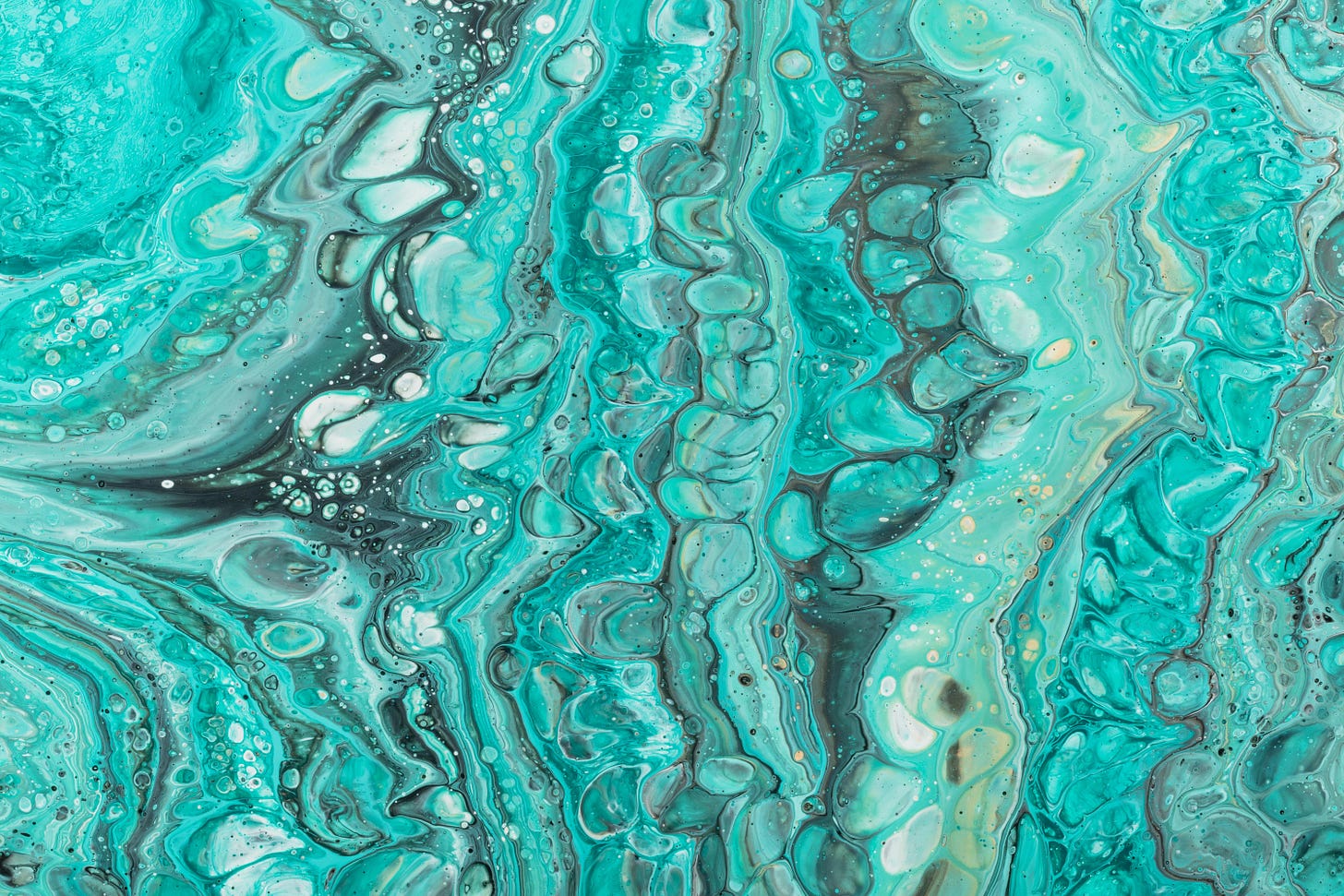
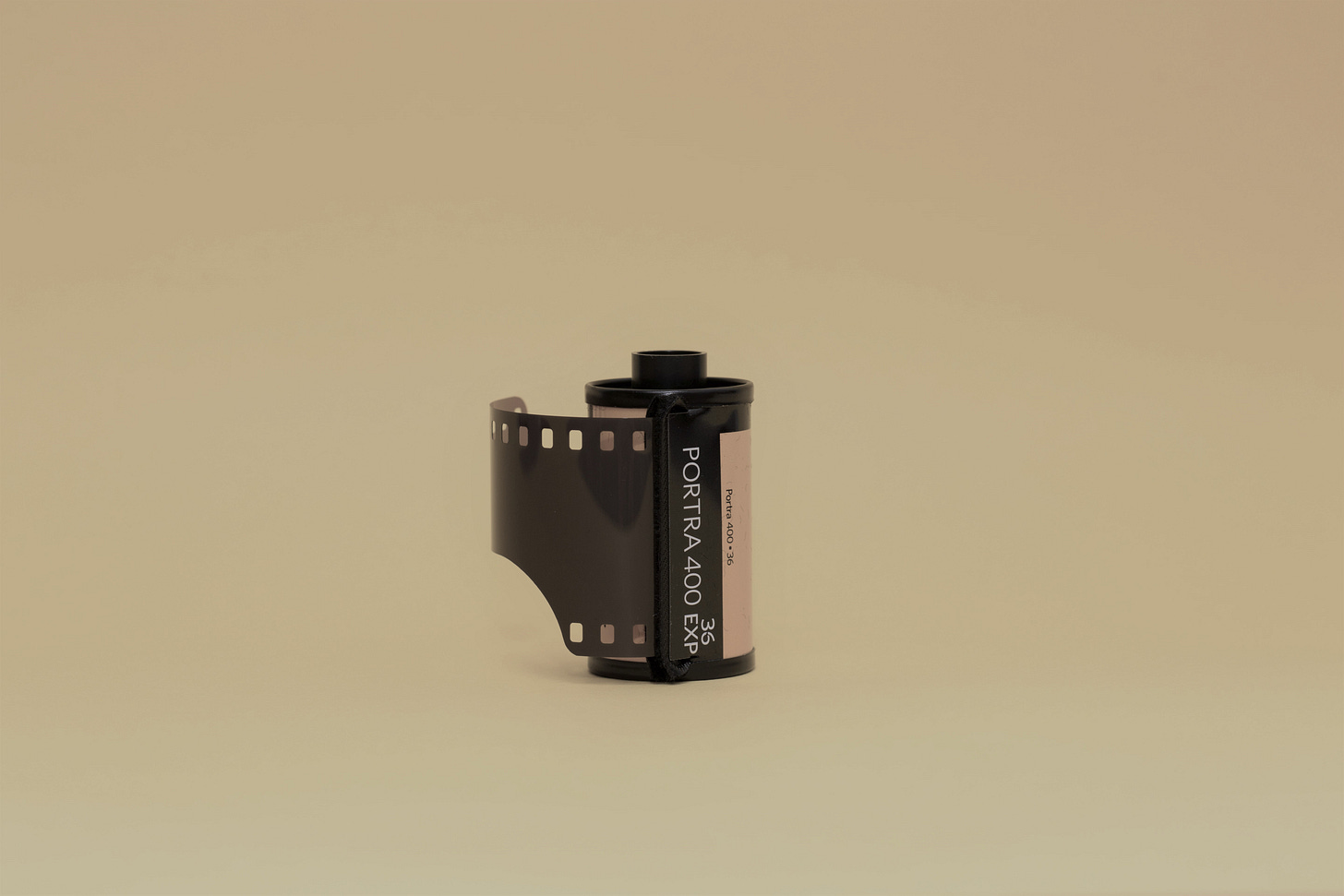

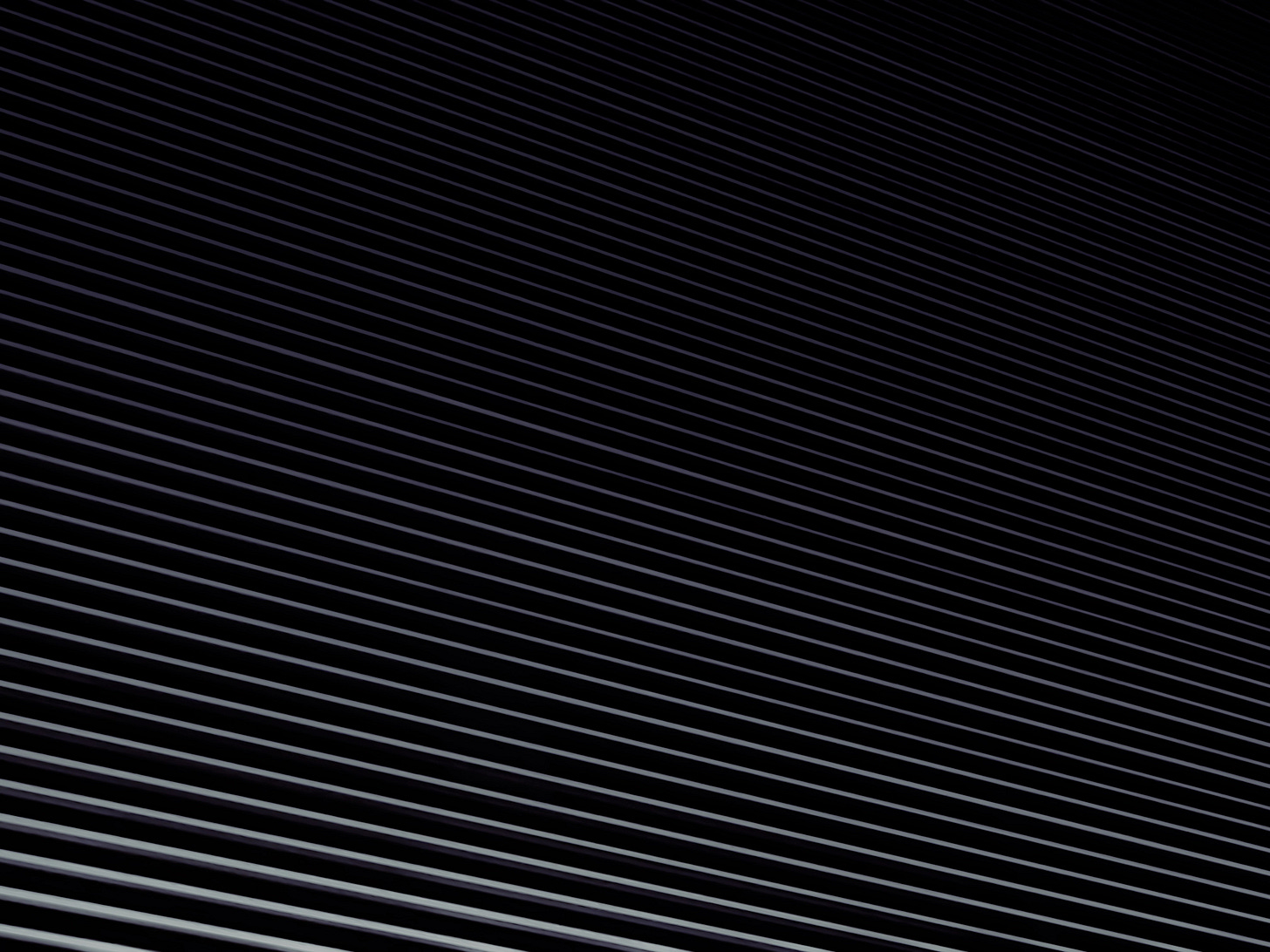
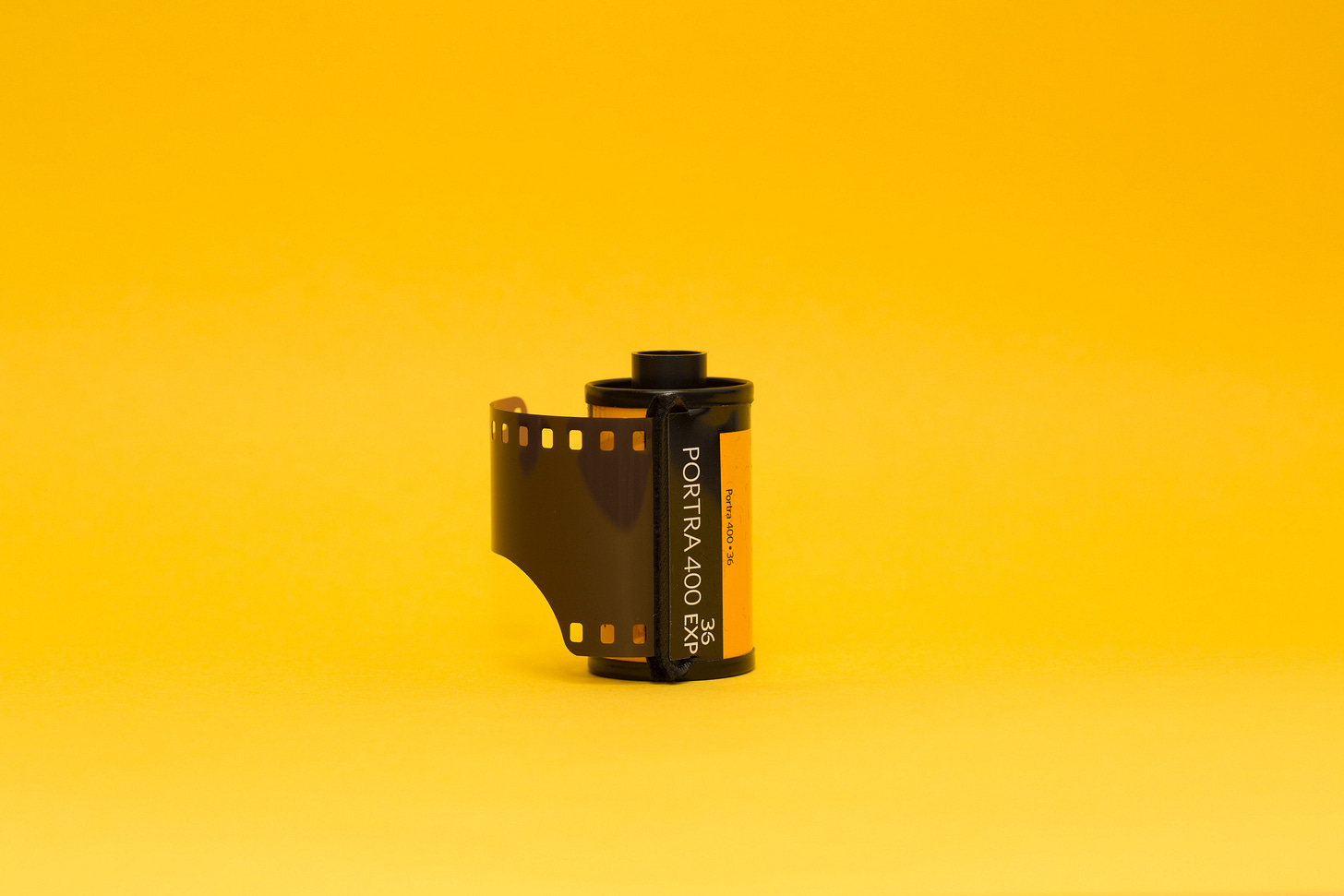

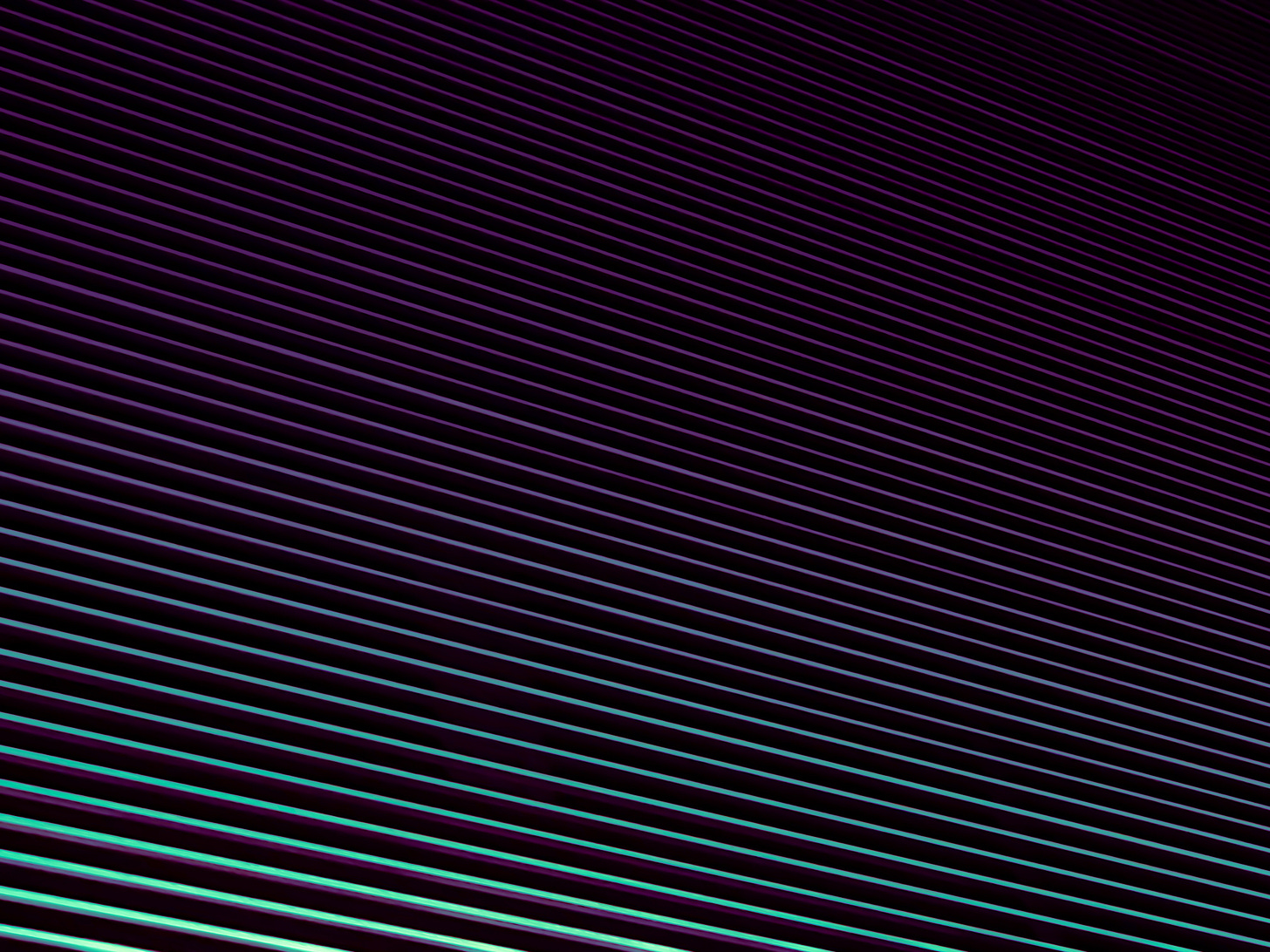
Well written, Ambitious with predictions, but they seem dead on.